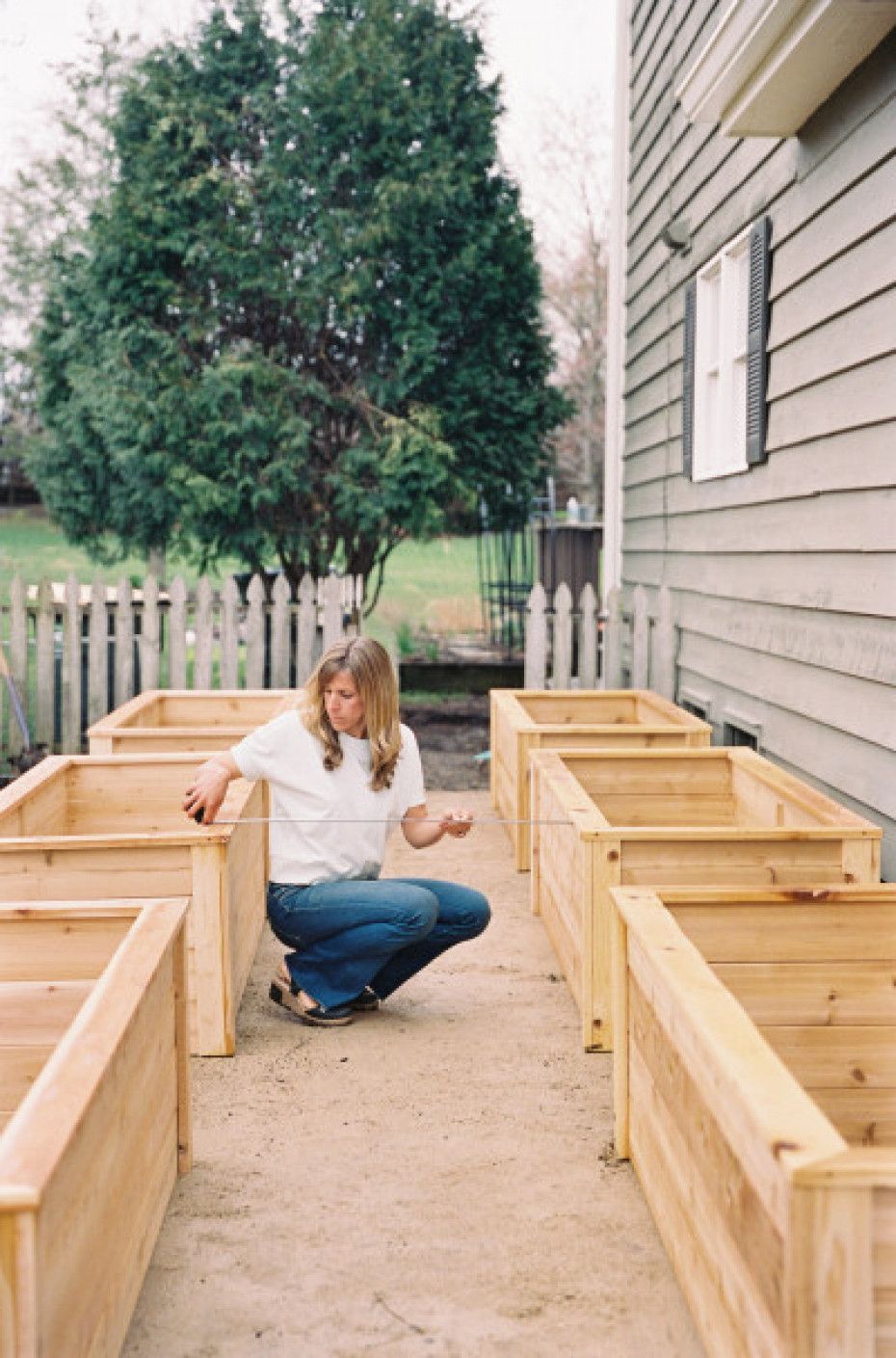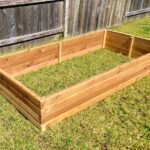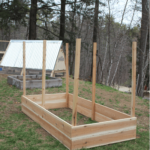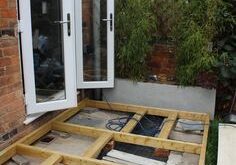Raised garden beds have become increasingly popular among gardeners for their numerous benefits. These beds are essentially garden plots that are elevated above the ground level, typically enclosed by boards or stones to create a contained area for planting. If you are considering starting a garden, here are some of the benefits of using raised garden beds:
1. Better soil quality: One of the main advantages of raised garden beds is that you have control over the type of soil you use. You can fill the beds with high-quality soil, compost, and other amendments to create the perfect growing environment for your plants. This is especially advantageous if your native soil is poor or compacted, as raised beds provide a fresh start for your plants.
2. Improved drainage: Raised garden beds promote better drainage compared to traditional in-ground gardens. The elevated design allows excess water to flow away from the root zone, preventing waterlogging and reducing the risk of root rot and other water-related issues. This is particularly beneficial for plants that are sensitive to soggy conditions.
3. Warmer soil temperatures: Raised garden beds tend to warm up faster in the spring due to their elevated design. This can extend the growing season and allow you to plant earlier in the year. The increased warmth also benefits heat-loving plants, such as tomatoes and peppers, by providing them with a more favorable environment to thrive.
4. Weed control: Raised garden beds help to minimize weed growth by creating a physical barrier between the garden soil and surrounding grass or weeds. Additionally, the loose, friable soil in raised beds makes it easier to pull out any weeds that do manage to sprout. This can save you time and effort in maintaining your garden and ensure that your plants are not competing with unwanted vegetation for resources.
5. Accessibility: The elevated design of raised garden beds makes them easier to access for planting, weeding, and harvesting. This can be especially beneficial for gardeners with mobility issues or those who prefer to garden at a more comfortable height. Raised beds can also be constructed at various heights to accommodate different levels of accessibility.
6. Pest protection: Raised garden beds can help to protect plants from pests such as slugs, snails, and crawling insects. By raising the planting area off the ground, you make it more difficult for these pests to reach your plants. Additionally, you can easily install physical barriers, such as row covers or netting, to further protect your crops from unwanted visitors.
Overall, raised garden beds offer numerous benefits that can help you create a healthy, productive garden. Whether you are a beginner gardener or a seasoned pro, consider incorporating raised beds into your gardening setup to take advantage of these advantages. Happy gardening!




















